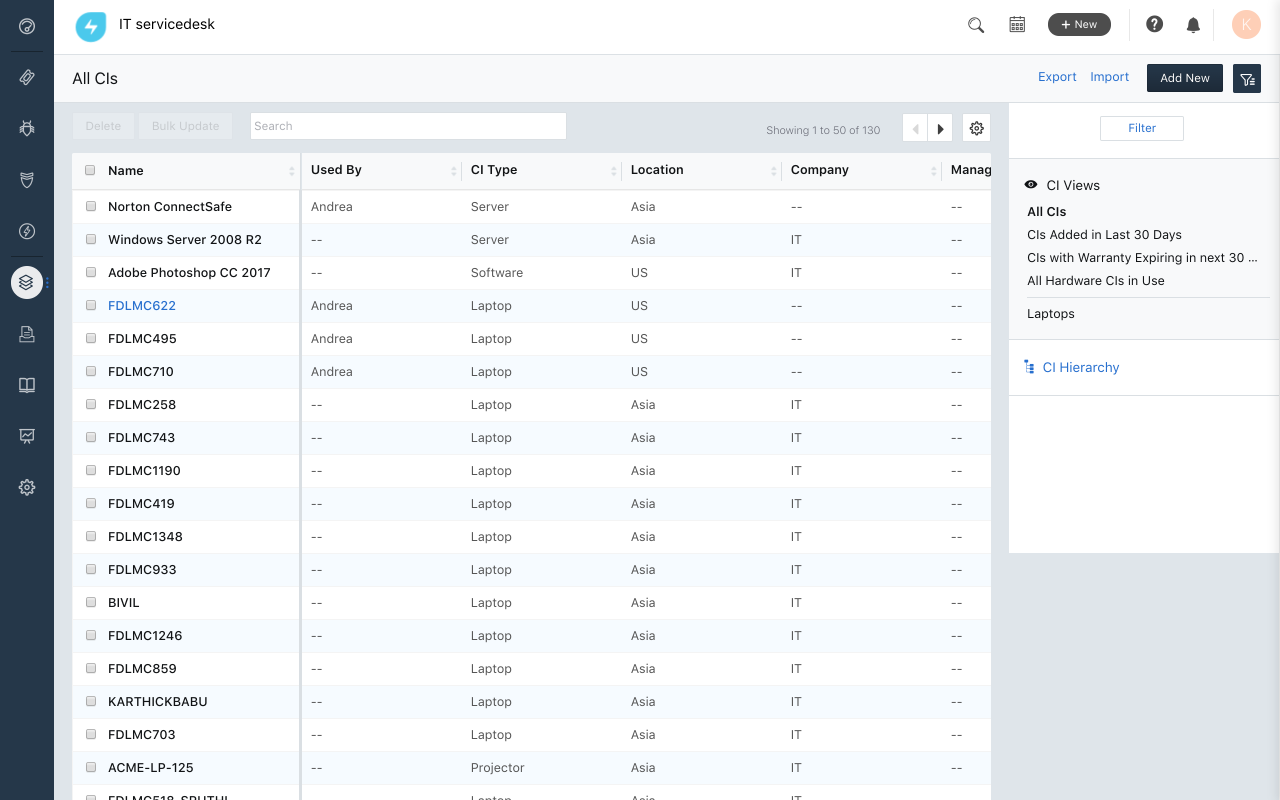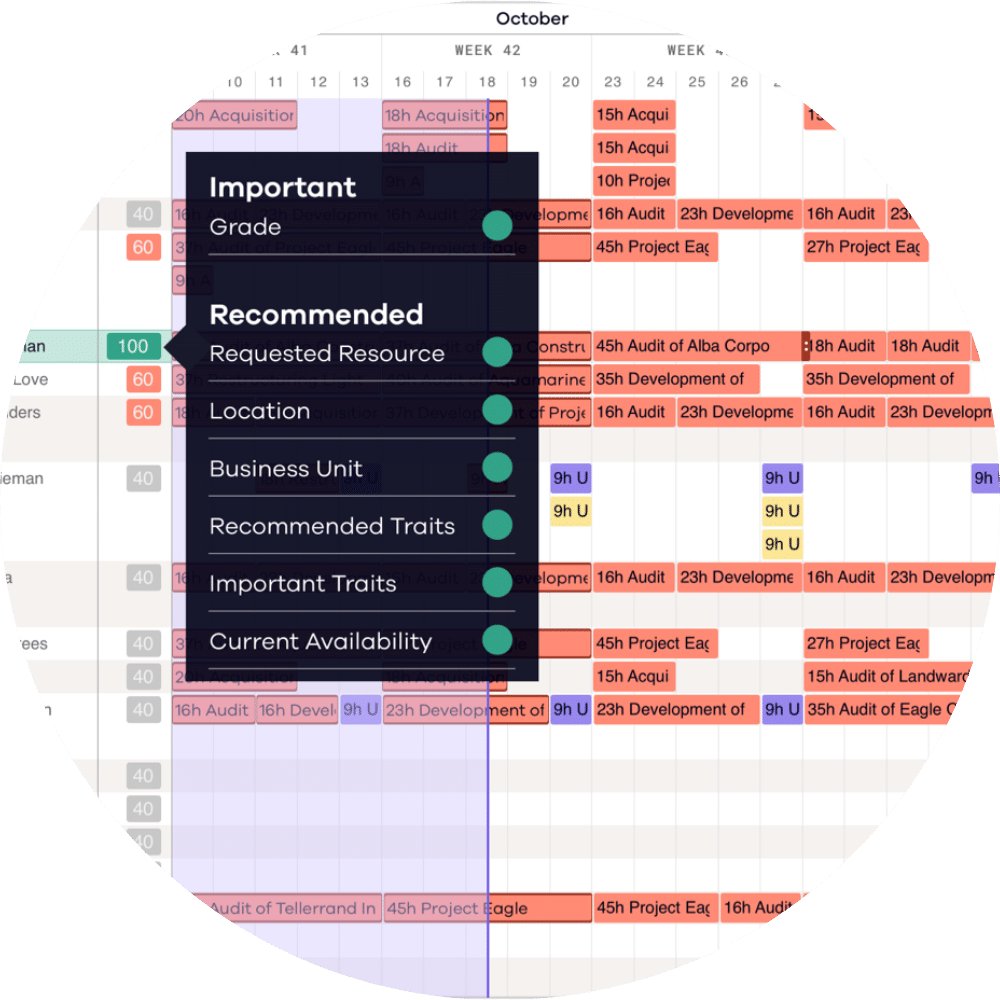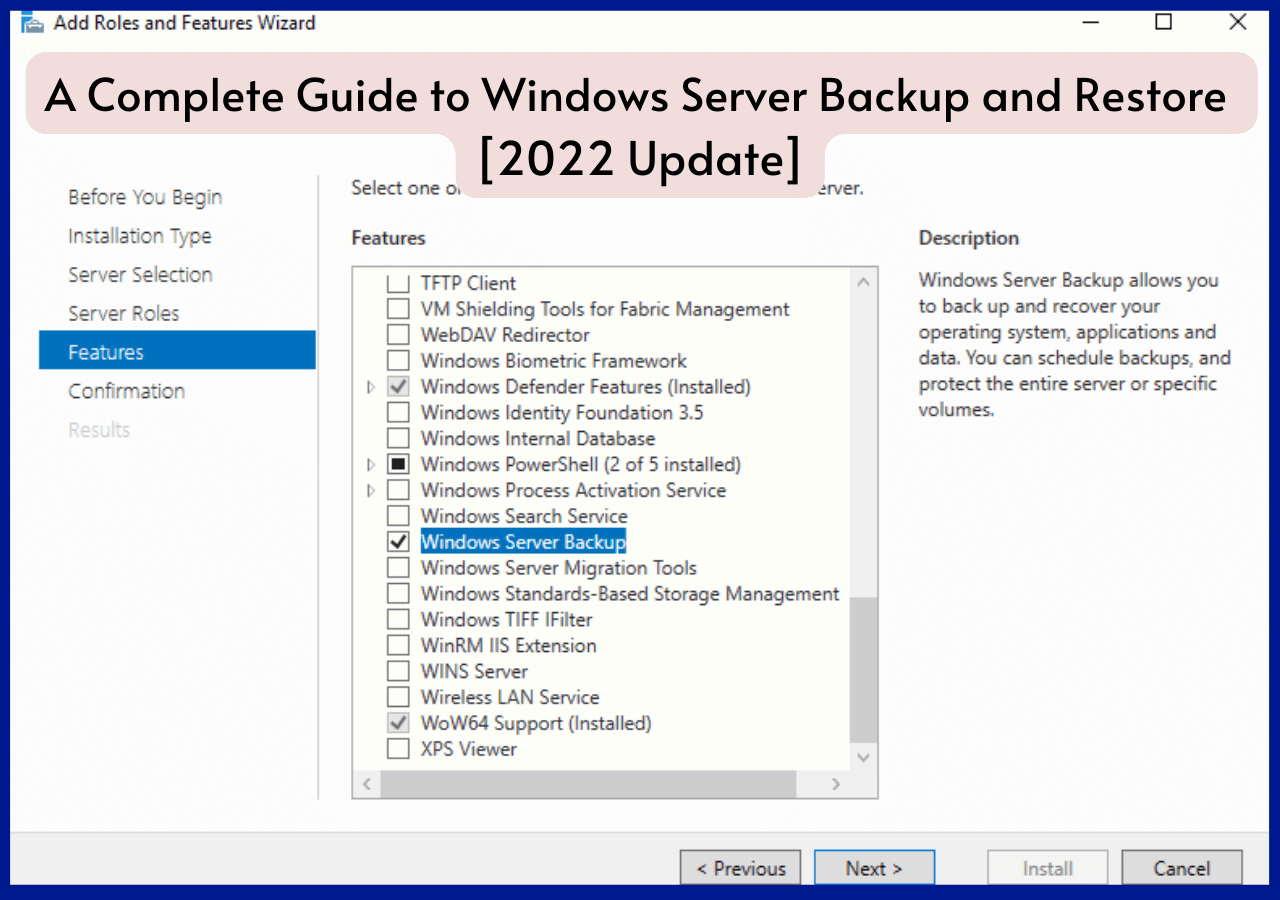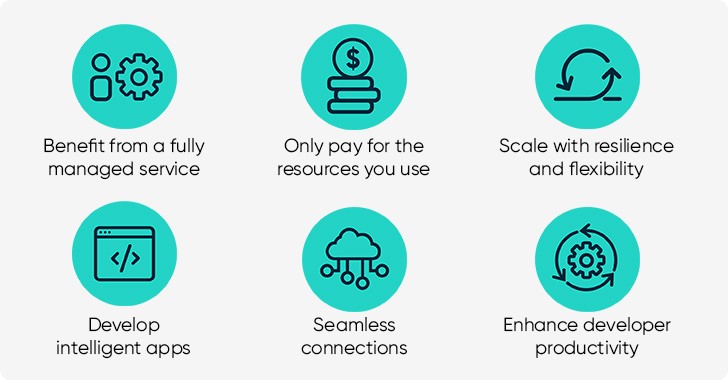The Benefits of Using a Windows Server opens up a world of possibilities in the realm of IT, offering unparalleled advantages for businesses looking to enhance their operations. From security to scalability, this server platform delivers a host of benefits that can revolutionize how organizations function in the digital age.
Windows Server isn’t just a tool; it’s a game-changer that can elevate your business to new heights. Let’s delve into the myriad advantages it brings to the table.
Introduction to Windows Server
Windows Server plays a crucial role in the realm of IT infrastructure, serving as a powerful operating system designed specifically for server-related tasks. It provides a wide range of features and functionalities tailored to support the needs of businesses, organizations, and enterprises.
Embrace the power of technology in event planning with the best digital tools for event planning that can streamline your tasks and boost productivity. These tools offer innovative solutions to help you stay organized and create unforgettable experiences for your attendees.
Key Features of Windows Server
- Active Directory: Windows Server offers a robust Active Directory service, enabling centralized management of user accounts, permissions, and resources within a network.
- Remote Desktop Services: With Remote Desktop Services, users can access applications and data remotely, enhancing productivity and flexibility in a distributed work environment.
- Server Virtualization: Windows Server includes Hyper-V technology for server virtualization, allowing for efficient utilization of hardware resources and scalability of virtualized workloads.
- Security Enhancements: Windows Server incorporates advanced security features such as Windows Defender and BitLocker to safeguard data and protect against cyber threats.
Businesses and Industries Benefiting from Windows Server
- Enterprise Organizations: Large enterprises benefit from the scalability, reliability, and security features of Windows Server to manage complex IT infrastructures and support critical business operations.
- Healthcare Sector: Healthcare institutions leverage Windows Server for secure data storage, compliance with regulatory requirements, and seamless communication among healthcare professionals.
- Financial Services: Banks, financial firms, and insurance companies rely on Windows Server for robust security measures, compliance with industry regulations, and high availability of financial services.
Security Benefits
Windows Server offers a range of security features that help protect data and networks from potential threats. By implementing access controls and data encryption, Windows Server ensures that sensitive information is safeguarded against unauthorized access.
Stay ahead of the curve by keeping up with the future of server technology trends that are shaping the industry. Understanding these trends can help you make informed decisions, improve efficiency, and ensure your business remains competitive in the fast-paced world of technology.
Access Controls
- Windows Server allows administrators to set up user permissions, restricting access to certain files or folders based on user roles or groups.
- Group Policy settings can be configured to enforce security policies across the network, ensuring compliance and reducing the risk of security breaches.
- Active Directory services enable centralized management of user accounts and access rights, simplifying the administration of security settings.
Data Encryption
- Windows Server supports BitLocker Drive Encryption, which encrypts data on hard drives to protect it from unauthorized access in case of theft or loss.
- Transport Layer Security (TLS) and Secure Socket Layer (SSL) protocols are used to encrypt data during communication over the network, ensuring secure transmission of sensitive information.
- Windows Server also offers features like Encrypting File System (EFS) for encrypting individual files and folders, adding an extra layer of protection to critical data.
Scalability and Performance
Windows Server offers businesses the ability to scale their operations as they grow, providing a flexible and reliable platform for expanding their IT infrastructure. With Windows Server, organizations can easily add new servers, storage, and resources to accommodate increasing demands without significant disruptions to their operations.
Performance Optimization Tools
- Windows Server includes performance monitoring tools such as Performance Monitor and Resource Monitor, allowing administrators to track system performance in real-time and identify potential bottlenecks.
- Features like Server Manager and PowerShell help streamline configuration and management tasks, optimizing performance and enhancing overall efficiency.
- Windows Server also offers built-in security measures and updates to ensure system stability and protect against potential threats, further enhancing performance.
Scalability Options in Different Versions
- Windows Server 2019 introduced improvements in scalability, with support for larger virtual machines, increased memory and storage capacities, and enhanced performance for high-demand workloads.
- Windows Server 2016 focused on cloud integration and scalability, offering features like Nano Server for lightweight deployments and enhanced support for containers, enabling businesses to scale their applications more efficiently.
- Earlier versions of Windows Server also provided scalability options, albeit with limitations compared to the newer releases, making it essential for organizations to upgrade to leverage the latest advancements in scalability and performance.
Management and Automation: The Benefits Of Using A Windows Server
Windows Server offers a range of management tools that empower system administrators to efficiently oversee and control various aspects of their IT infrastructure. These tools are designed to simplify the management process and enhance productivity.
Enhance your business’s success by utilizing digital tools to improve your conversion rates. These tools can optimize your marketing strategies, analyze customer data, and personalize user experiences to drive higher conversion rates and ultimately increase your revenue.
Management Tools Provided by Windows Server
- Microsoft Management Console (MMC): A centralized platform that allows administrators to configure and monitor system components through various snap-ins.
- PowerShell: An automation and configuration management framework that enables administrators to perform tasks efficiently through command-line interface or scripts.
- Server Manager: A unified dashboard for managing server roles and features, simplifying deployment and ongoing maintenance.
- Active Directory: A directory service that centralizes user and computer management, ensuring security and efficient resource access.
Automation Features in Windows Server
- Task Scheduler: Allows administrators to automate routine tasks, such as backups, updates, and system maintenance, reducing manual intervention.
- Group Policy: Enables centralized management of user and computer settings across the network, ensuring consistency and enforcing security policies.
- Windows PowerShell Desired State Configuration (DSC): Facilitates configuration management by defining and enforcing system configurations through scripts.
Simplified IT Infrastructure Management with Windows Server
- Streamlined Processes: Automation features in Windows Server eliminate manual, repetitive tasks, freeing up administrators to focus on strategic initiatives.
- Enhanced Security: Centralized management tools like Active Directory ensure secure access control and compliance with organizational policies.
- Improved Efficiency: With intuitive management interfaces like Server Manager, administrators can easily deploy, monitor, and troubleshoot server roles and features.
Application Support
Windows Server offers robust support for a wide range of applications, making it a versatile choice for businesses of all sizes.
Compatibility with Popular Business Applications, The Benefits of Using a Windows Server
Windows Server is fully compatible with many popular business applications, ensuring seamless integration and optimal performance. Some examples include:
- Microsoft Office Suite: Windows Server works seamlessly with Microsoft Office applications such as Word, Excel, and PowerPoint, providing a familiar environment for users.
- SQL Server: Windows Server supports SQL Server, a powerful database management system commonly used for storing and retrieving data in businesses.
- Exchange Server: Businesses can rely on Windows Server to run Exchange Server, a popular email and calendar server application for effective communication.
Conclusive Thoughts
In conclusion, The Benefits of Using a Windows Server are vast and impactful, providing a solid foundation for businesses to thrive in a dynamic technological landscape. By leveraging the power of Windows Server, organizations can unlock unparalleled efficiency, security, and performance, setting the stage for success in the digital era.










